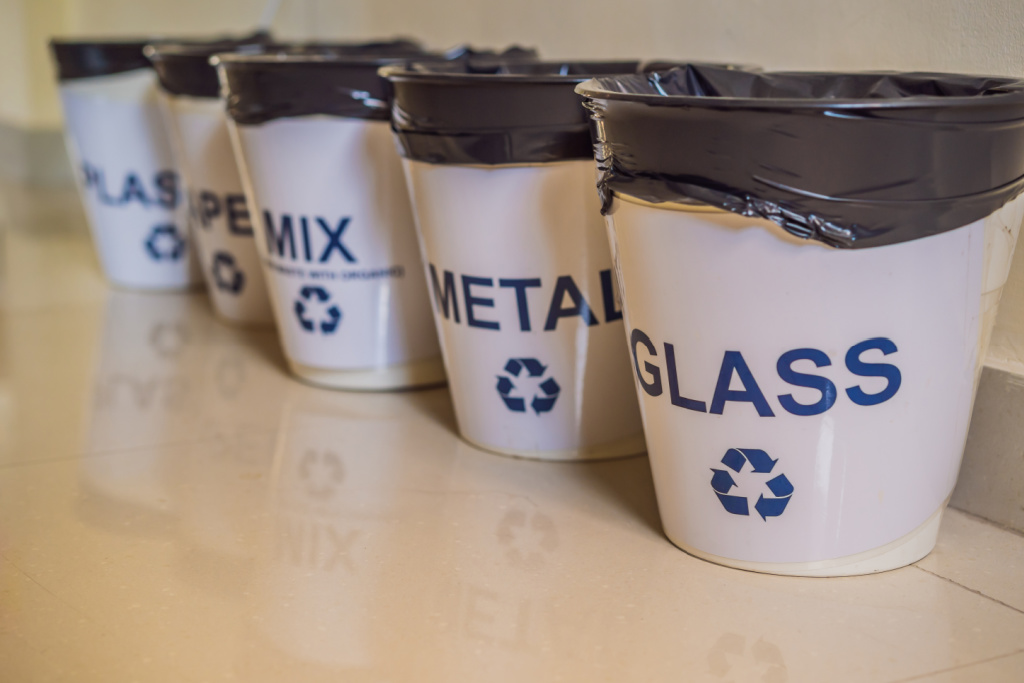When preparing compost from your kitchen waste, there are several things you should do before the pile starts to decompose. Make sure that the pile is placed in a shady location, and that it receives adequate moisture. Also, avoid placing your compost bin in an area where fruit flies can attack it.
Compost keepers absorb odours
Compost keepers are devices that collect kitchen waste and hold it until the next pickup or drop. They come equipped with charcoal filters that absorb the smells from waste. While using compost keepers, you should take the usual safety precautions when handling organic waste. If you have pre-existing health conditions, you should wear a dust mask while handling compost.
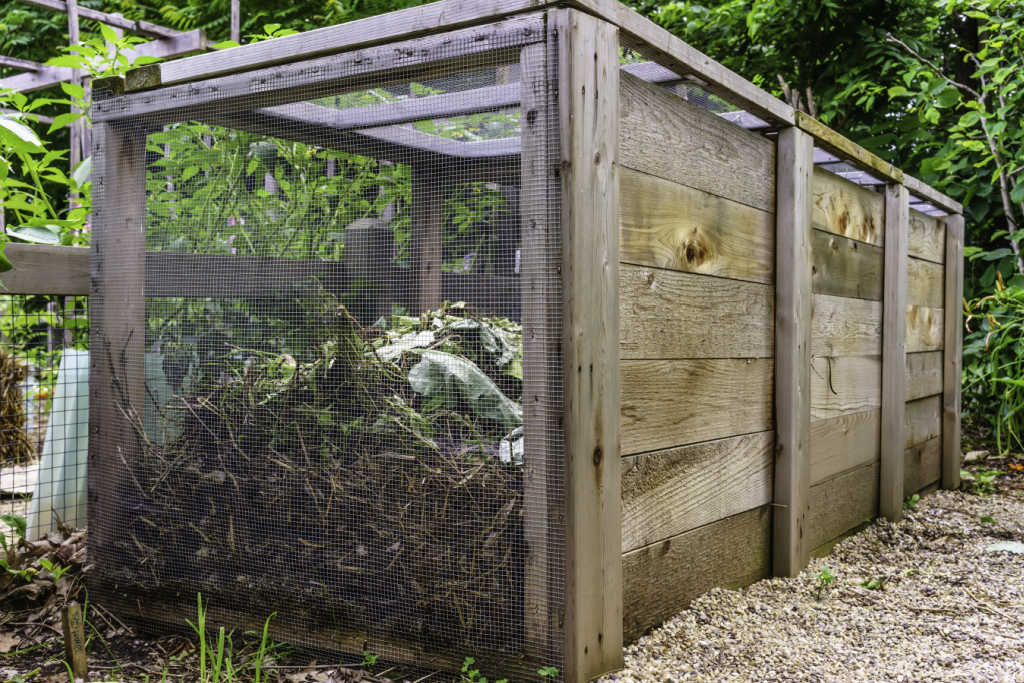
Choose a container with a lid and a handle. Stainless steel or ceramic compost pail is recommended. A recycled ice cream pail can also be used. If you’re worried about odours, make sure you chop food first before throwing it into a compost pail.
Moisture is essential for decomposition
Moisture is essential for decomposition because it controls the temperature of decomposing material and helps microbial activity. If the pile is too dry, microbial activity slows down. Similarly, if the pile is too wet, the decomposing materials will create an anaerobic environment, which may lead to odours and slow decomposition. Adding water can help to avoid these problems.
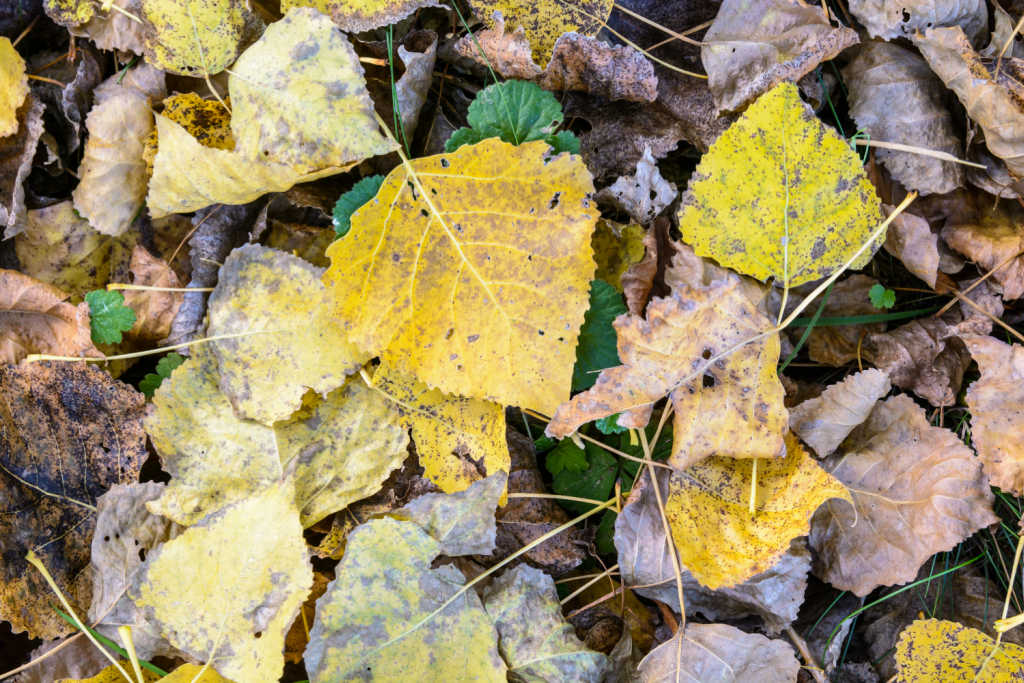
The volume of waste should be large enough to support aerobic organisms. A pile of three cubic feet is ideal. Any larger than this may be difficult to turn, or it may not have enough air to support decomposers. When composting, avoid putting any item thicker than your fingers.
Placement is shady
The ideal location for your compost pile is a shady area in your backyard. This prevents the pile from drying out in sunny weather, which reduces watering needs. The compost heap should also be protected from winds, which will cause it to dry out. If you have a windy location, you can try covering the pile with a windbreaker.
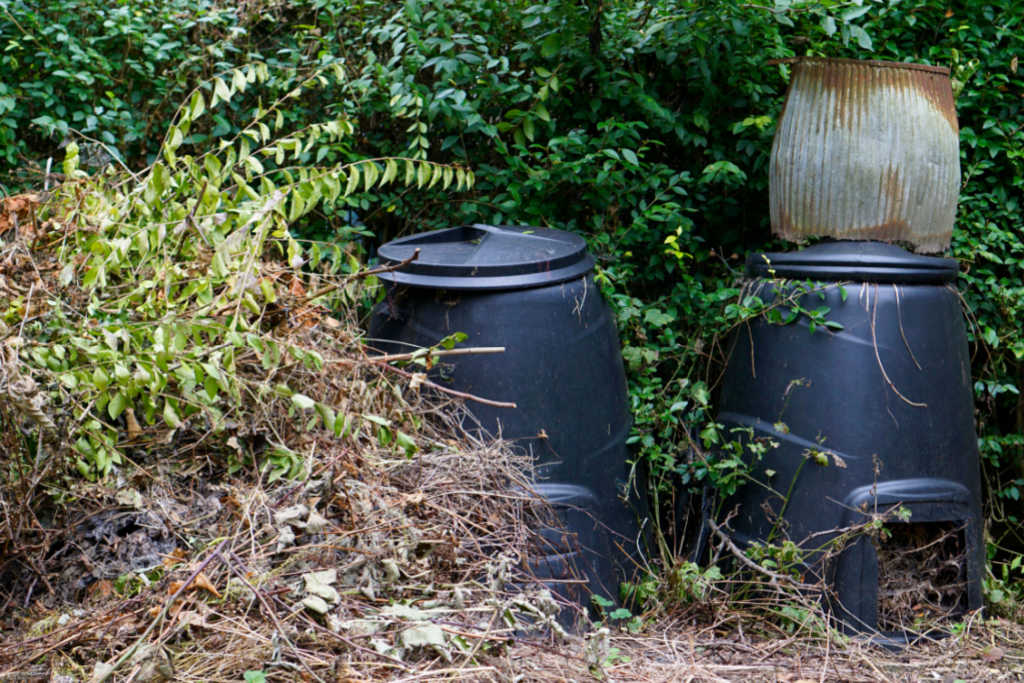
Avoid fruit flies
One of the best ways to avoid fruit flies when preparing compost from your kitchen waste is to wrap it up carefully. It will prevent fruit flies from getting inside and contaminating the compost. Another effective way to avoid fruit flies is to use a composting crock, which has a tightly sealed lid and sits on your kitchen counter.
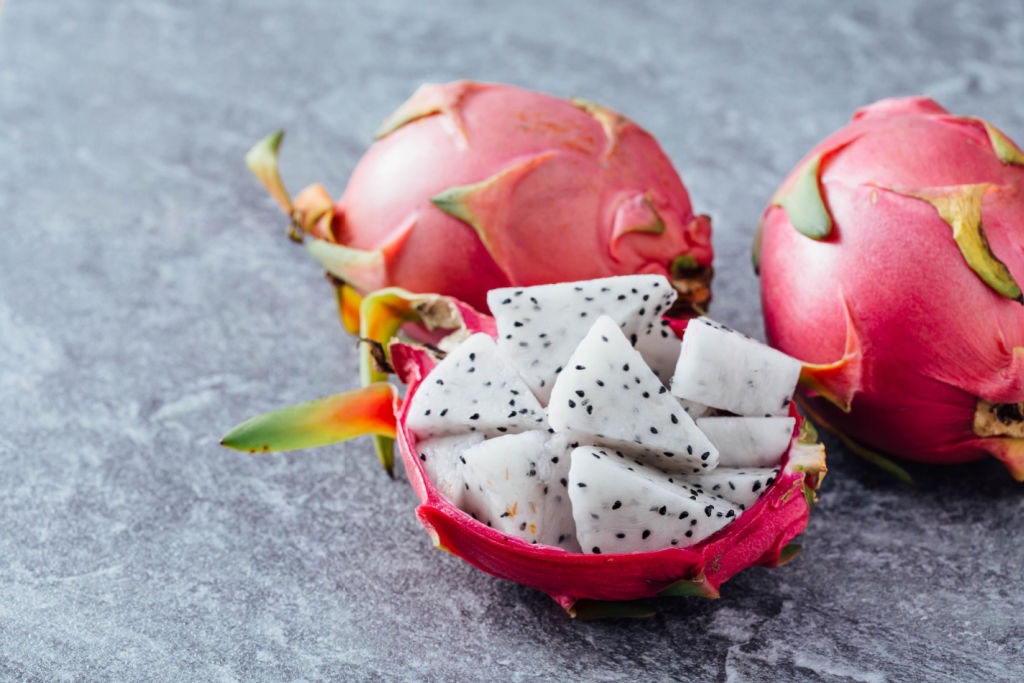
Fruit flies, which are members of the Drosophilidae family, are attracted to the smell of decaying food. They can enter your kitchen through an open window or door. Once inside, they can lay their eggs on your fruits. While fruit flies are not infectious, they can be a nuisance and ruin your appetite.
Avoid rodents
One of the most important things you can do to ensure rodent-free composting is to avoid placing your compost bin or pile in a place where rodents can get into it. Rats and mice love moist environments, and they will be attracted to your compost pile or bin in the winter. It is best to keep your compost pile off the ground and away from other structures, such as houses or sheds, to prevent rodents from gaining access.
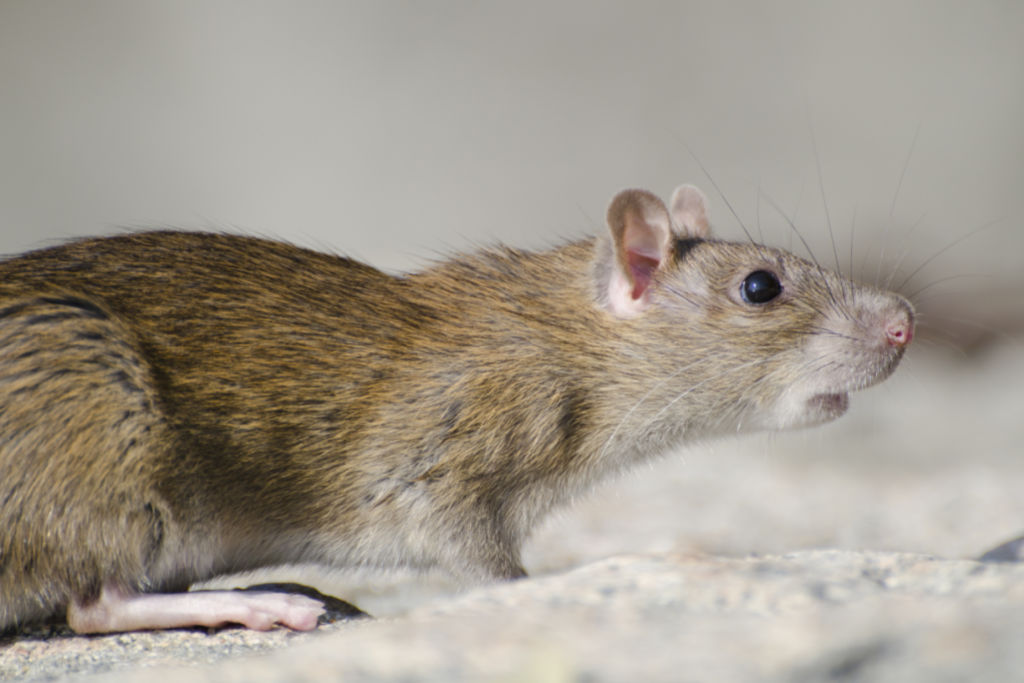
The first step to avoiding rodents is to cover your compost bin. This will keep them out by making it smell bad. Adding a layer of leaves or grass clippings will help keep the pile moist and devoid of food. Rats also dislike the presence of humans, so if possible, try to visit the compost pile on a daily basis.

